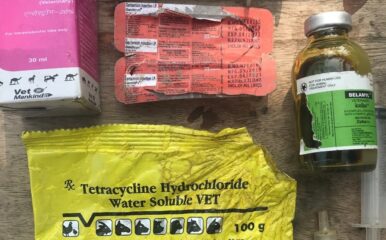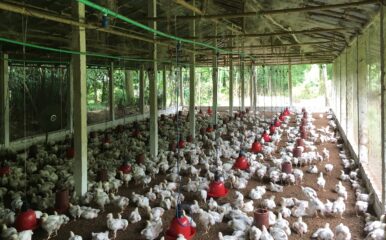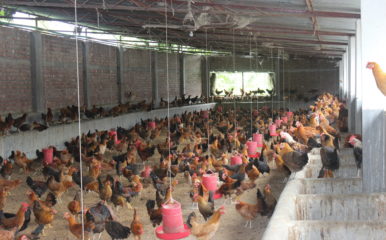
Policy action is built on sound research and effective communication
Published on 26/05/2022
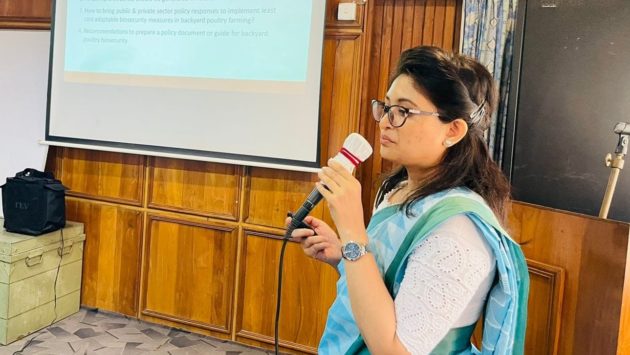
Research that sits in laboratories or languishes in journal repositories rarely drives policy change. Delivering effective, relevant and evidence-based policy change commences best when representatives of policymakers have been in the room when the research is being designed.
This co-design approach is being implemented by the One Health Poultry Hub Bangladesh team through its National Advisory Group, which includes senior representatives from the human and animal health sectors in addition to the poultry private sector and food safety authority.
As a result, policy discussions are now being driven by research findings in three key areas:
- COVID-19: what are the impacts and options for strengthening poultry sector resilience and rebuilding consumer confidence?
- Poultry value chains: what weaknesses have been identified, what can be improved?
- Antimicrobial usage, resistance and residues: What’s driving antimicrobial utilisation and resistance and how can a One Health approach help?
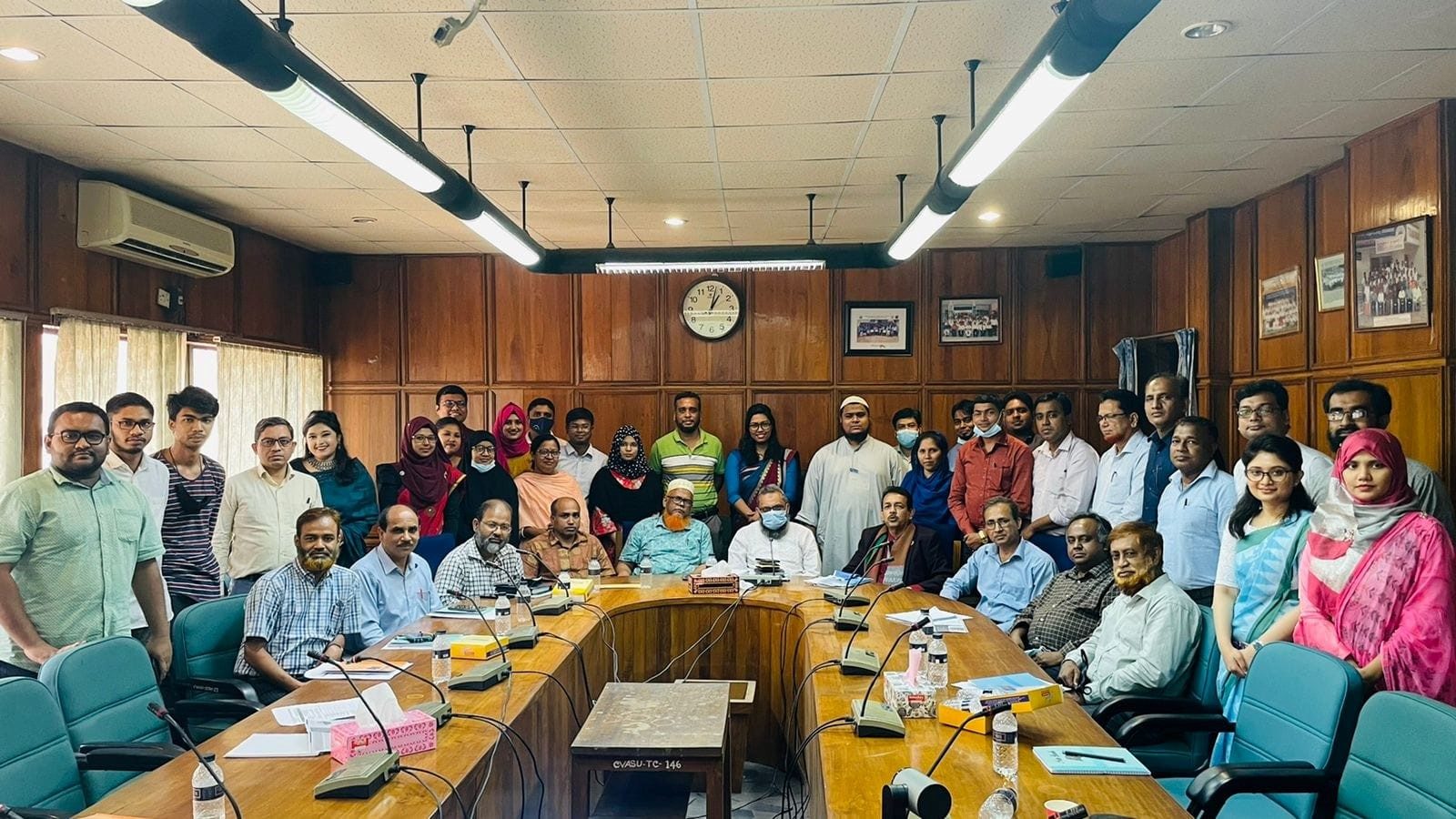
In the first quarter of 2022, the Bangladesh Hub team organised a series of meetings with senior representatives of sectorial partners to present research results on each of these topics, engage in robust discussions and decide on next steps, especially in the policy arena. We would like to share a snapshot of these activities to stimulate further discussion on these important issues within the wider Hub and beyond.
COVID-19 disruption
COVID-19 has been, and remains, a major disrupting factor globally. The pandemic and associated public health responses have affected lives and livelihoods in Bangladesh, including the poultry industry. An imperative for the Government of Bangladesh has been preventing an economic and health emergency from also becoming a food and nutrition security emergency.
The first event in this series of meetings brought together Government, poultry industry and allied value chain actors and consumer representatives to discuss their experiences during the pandemic and the research findings of the Hub’s Bangladesh team. The ‘hot themes’ where the COVID-19 pandemic has effects or potential effects on poultry and the people responsible for them across key production systems were identified.
Key lessons learnt were documented to ensure that the Government and the poultry industry are better prepared to deal with the next shock. It was felt that the livestock sector was impacted heavily because it had not been considered an essential or strategic activity of public interest during the COVID-19 pandemic.
Poultry value chains
Regarding poultry value chains, the Government of Bangladesh’s Eighth Five Year Plan includes an ongoing commitment to livestock development, including poultry. The impact of COVID-19 on the poultry sector has been taken into account in the Plan by highlighting the importance of minimising the impact of the pandemic on the sector. Taking an interdisciplinary and inter-sectoral ‘One Health’ approach, the research presented and discussed explored the deshi, sonali, broiler and layer value chains in relation to disease and food safety risk.
The next steps discussed included a strong focus on building understanding and trust between value chain actors through technical and communication activities.
Read the value chains briefing
Antimicrobial resistance
In relation to antimicrobial resistance (AMR), the Global Action Plan on AMR was adopted in 2015 by all countries through decisions taken in the World Health Assembly, the Food and Agriculture Organization of the United Nations (FAO) Governing Conference and the World Assembly of World Organisation for Animal Health (OIE) Delegates. In response, Bangladesh prepared their ‘Antimicrobial resistance containment in Bangladesh 2017-2022’ and the ‘Roadmap of National Action Plan of ARC in Bangladesh’.
Information shared on this topic during the recent meetings included: a point prevalence survey on antimicrobial use at selected tertiary and district hospitals in Bangladesh; AMR in tertiary care hospitals of Bangladesh; antibiotic usage and its drivers in commercial chicken production in Bangladesh; antimicrobial usage and resistance in poultry in Chattogram, Bangladesh: evidence, driving factors and recommendations; and antimicrobial residue in poultry in Bangladesh: evidence and recommendations.
Recommended next steps had a strong focus on the implementation of existing policies, especially the development and application of AMR and associated biosecurity practices tailored to specific health units, e.g., hospitals, pharmacies and poultry units.
The dynamic nature of discussions and the focus on continuous improvement were notable features of this series of engagements. The active involvement of senior policy influencers was much appreciated and suggests that progressive improvements to policy design and implementation will be realised in the short to medium term.

